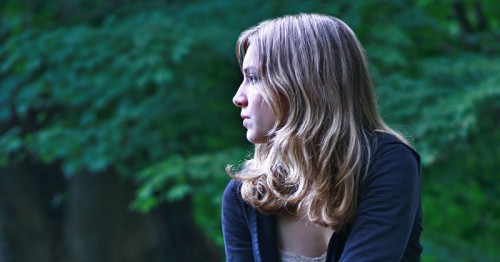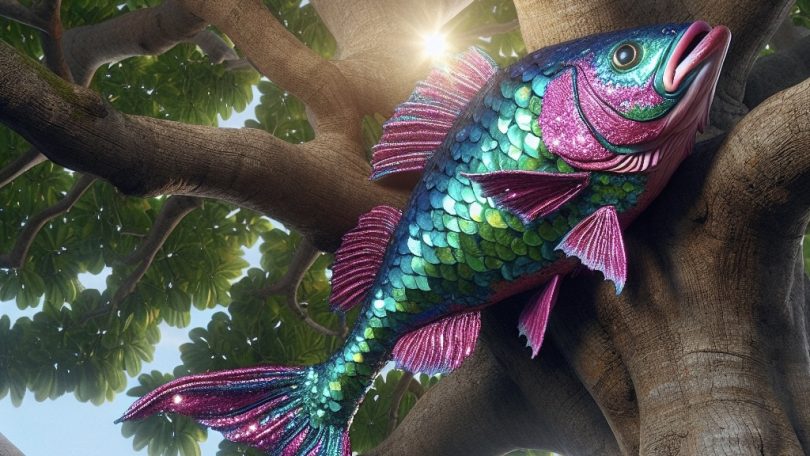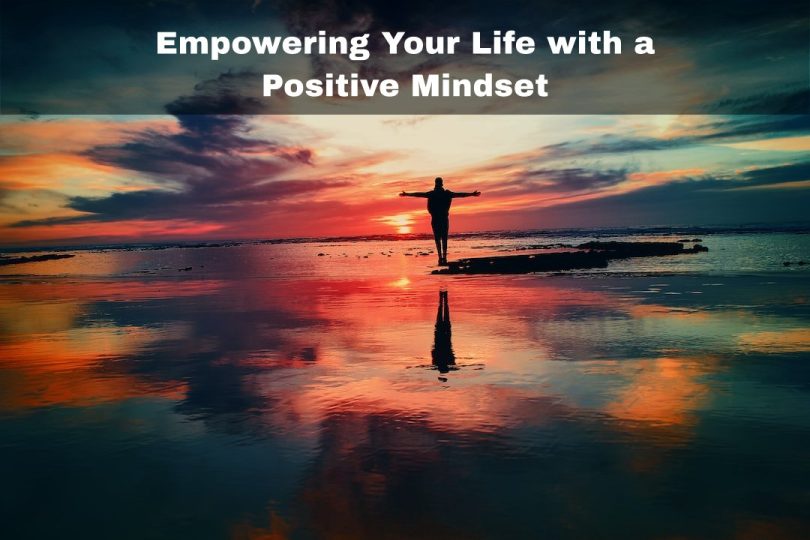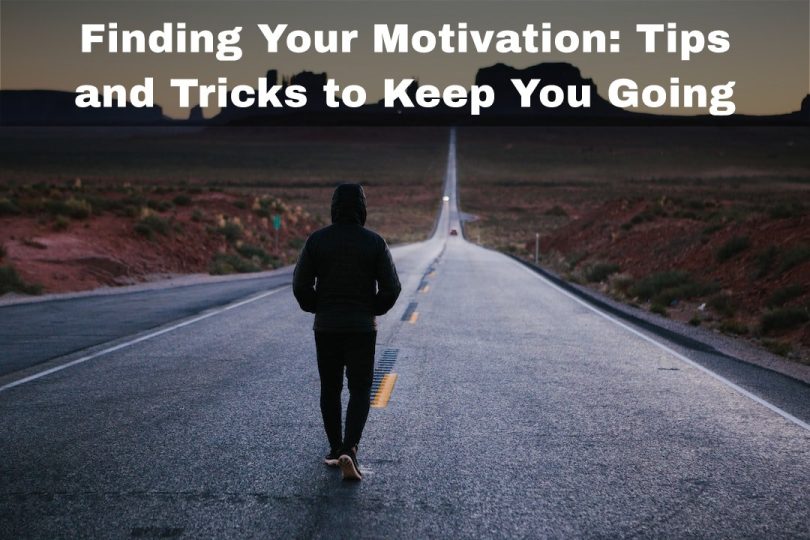
Of course, I don’t mean “Let’s all start making mistakes on purpose and see what happens.” But I do mean – whenever we realize we made a mistake that at the time of doing it didn’t seem like one, we should allow ourselves to feel the emotions in that moment, and find our guidance through them.
We’ve all learned to never talk about what we did wrong because it’s uncomfortable and we’re met with negative experiences. But doing something wrong is inevitable because there is always more information to be acquired – there’s always more to know and a better decision to make. If we expected to never do anything wrong, we’d have to postpone taking action forever more.
It won’t be easy to tell someone else about a mistake we’ve made, because we can’t know how they’ll react. But it can get easier to admit to ourselves when something doesn’t work out the way we thought it would, to allow ourselves to feel our natural emotions in those moments, and to start moving forward, having learned from our experience. And over time, we can ease into telling others about it, too.
So instead of blaming and judging ourselves for our mistakes, and instead of saying mistakes are unacceptable, it’s time to accept them as part of our journey. It’s time to see them as providing us with valuable information as to what not to do. It’s time to realize “perfection” doesn’t exist and it never did – and we don’t need to hold ourselves to unrealistic and unreasonable standards anymore.
Comparing ourselves with others or with whom we think we “should be”
It’s also time to stop comparing ourselves. This phrase that I hear so often as an excuse “You’re only human” – there’s this underlying comparison with something that’s obviously not only human – something that’s obviously better than human.
We’ve all inadvertently learned to compare ourselves with others – it’s how our systems are built. When we go to school, we enter the system that tells us when we should learn to read, and by what age we should read at “what level.” Our whole educational system is one big comparison to something else, and unfortunately, it’s an unfair one. Why? Because the focus is never on us – on how well I am reading. The focus is always on the other component of the comparison – how much I should be reading.
No wonder so many of us grow up feeling insecure, losing our natural confidence, having low self-esteem and therefore making mistakes. These mistakes however aren’t natural, they come from a distorted perspective on things that we’ve learned by comparing ourselves with something that’s better.
And while there is always improvement, we should naturally allow it in our lives, instead of always chasing it because where we now are, and who we now are is never good enough. We have this force of habit of unnaturally reaching for more without taking the time to contemplate and appreciate the many wonderful things about where and who we now are.






